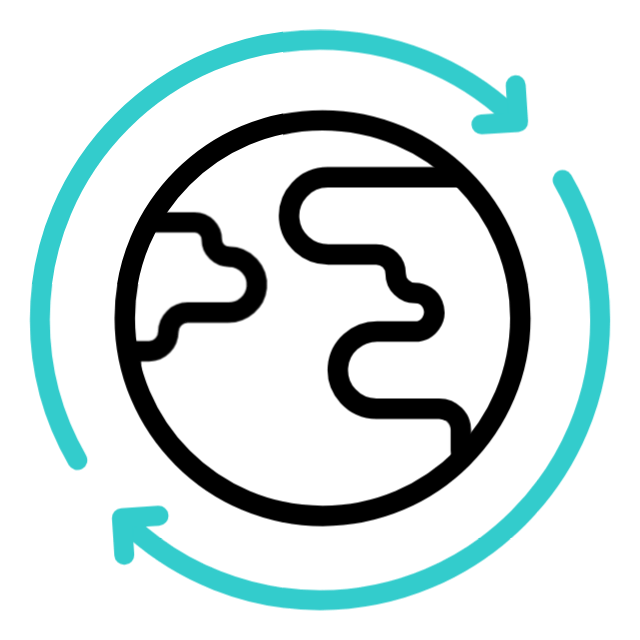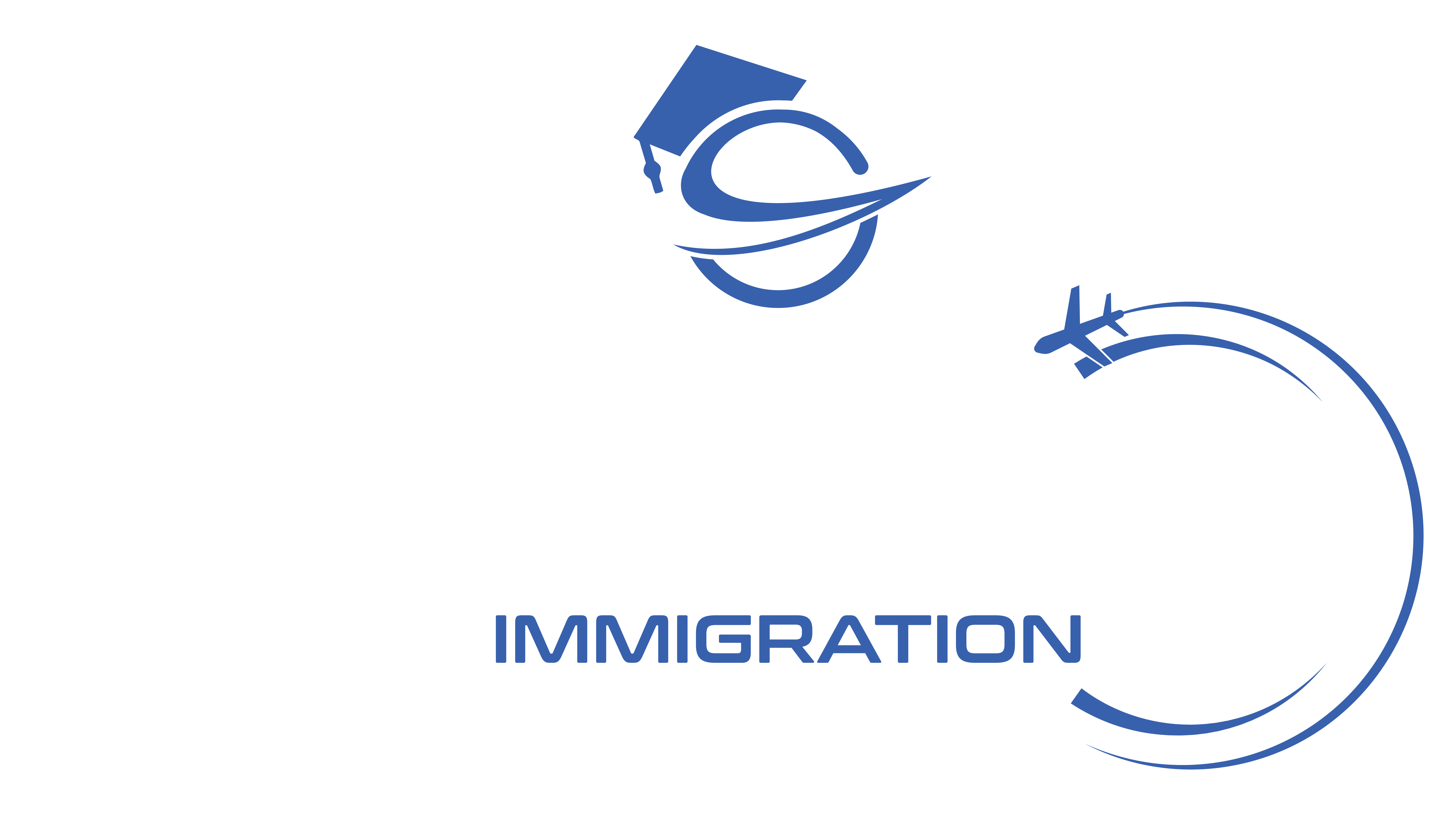Academic Requirements
Indian students need to meet the following academic requirements to pursue their education in Canada:
Undergraduate Programs:
- Class 12th or Equivalent: Completion of Class 12th from a recognized Indian board like CBSE, ICSE, or state boards.
- Minimum Percentage: Most Canadian universities require a minimum of 70-80% aggregate in Class 12th, though this can vary depending on the program and institution.
- Subject Requirements: Some programs, particularly in fields like engineering, medicine, and business, may have specific subject requirements.
- Standardized Tests: While not always mandatory, some programs may require SAT or ACT scores.
Postgraduate Programs
- Bachelor’s Degree A recognized bachelor’s degree from an accredited Indian university.
- Minimum Percentage: Typically, a minimum of 60-70% aggregate in your undergraduate degree.
- Standarized Test: Depending on the program, GRE or GMAT scores may be required, especially for programs in engineering, business, and sciences.
- Work Experience: For MBA and certain master’s programs, 1-3 years of relevant work experience may be preferred.
Language Proficiency
Since English (and French in some regions) is the primary medium of instruction in Canada, students must demonstrate proficiency in the language:
IELTS/TOEFL
- An IELTS score of 6.5-7.5 or a TOEFL score of 90-100 is typically required.
- Exemptions: If you have completed your previous education in English, some universities may waive the English proficiency test requirement.
Financial Requirements
Indian students must prove they can cover tuition and living expenses while studying in Canada:
- Tuition Fees: Depending on the university and program, tuition fees for Indian students range from CAD 15,000 to CAD 35,000 per year.
- Living Expenses: You should budget around CAD 10,000-15,000 annually for accommodation, food, health insurance, and other living costs.
- Financial Proof: Canadian immigration requires proof of funds for one year of study, including tuition and living expenses. This can be demonstrated through bank statements, educational loans, or scholarships.

Global Recognition
Degrees recognized worldwide.

Diverse Programs
Wide range of academic fields.

Work Opportunities
Work opportunities after study

Multicultural Environment
Experience rich cultural diversity.
Visa and Immigration Requirements
Indian students need to obtain a Canadian study permit to study in Canada:
- Acceptance Letter: Secure an acceptance letter from a Designated Learning Institution (DLI) in Canada.
- Study Permit Application: Apply online for a study permit through the Immigration, Refugees and Citizenship Canada (IRCC) portal.
- Biometrics: You may be required to provide biometrics as part of the visa application process.
- Medical Examination: A medical exam is mandatory to ensure you meet the health standards required by Canadian immigration.
Required Documents:
- Valid passport.
- Recent passport-sized photographs.
- Proof of acceptance from a DLI.
- Proof of financial support (bank statements, loan documents, scholarship details).
- Statement of Purpose (SOP) explaining your study goals in Canada.
Eligibility Criteria
To study in Canada, Indian students must meet the following eligibility criteria:
- Academic Excellence: Consistently strong academic performance in previous studies is essential.
- Relevant Background: A solid foundation in relevant subjects, particularly for specialized programs.
- English Language Proficiency: High proficiency in English, demonstrated through IELTS/TOEFL scores, is mandatory.
Application Process
The application process for Indian students to study in Canada generally involves these steps:
1. Research and Shortlist Institutions:
- Identify DLIs that offer courses aligned with your academic and career aspirations.
- Check specific entry requirements and application deadlines for each institution.
2. Prepare Required Documents:
- Academic transcripts (Class 10th, 12th, and bachelor’s degree).
- Standardized test scores (if required).
- English language proficiency test results (IELTS/TOEFL).
- Statement of Purpose (SOP) detailing your reasons for choosing Canada and the specific course.
- Letters of Recommendation (LORs) from teachers, professors, or employers.
3. Submit Your Applications:
- Apply through the online application portals of your chosen universities.
- Pay the application fee, if applicable.
- Ensure all required documents are uploaded before the deadline.
4. Receive Offer Letters:
- Once your application is reviewed, you may receive offer letters from one or more universities. Accept the offer by paying the required deposit.
5. Apply for Your Study Permit:
- After receiving an offer from a DLI, apply for a study permit through the IRCC portal.
- Complete the necessary medical exams and biometrics as required.
6. Prepare for Your Move to Canada:
- Arrange accommodation, purchase health insurance, and book your flight.
- Attend any pre-departure orientation sessions offered by your institution.
Why Indian Students Choose Singapore
High-Quality Education
Canada is known for its excellent education system and internationally recognized degrees.
Welcoming and Diverse Environment
Canada is culturally diverse and has a welcoming attitude toward international students.
Post-Graduation Work Opportunities
The Post-Graduation Work Permit Program (PGWPP) allows students to gain work experience in Canada after graduation.
Pathway to Permanent Residency
Studying in Canada can be a pathway to Canadian permanent residency, making it an attractive option for many Indian students.


